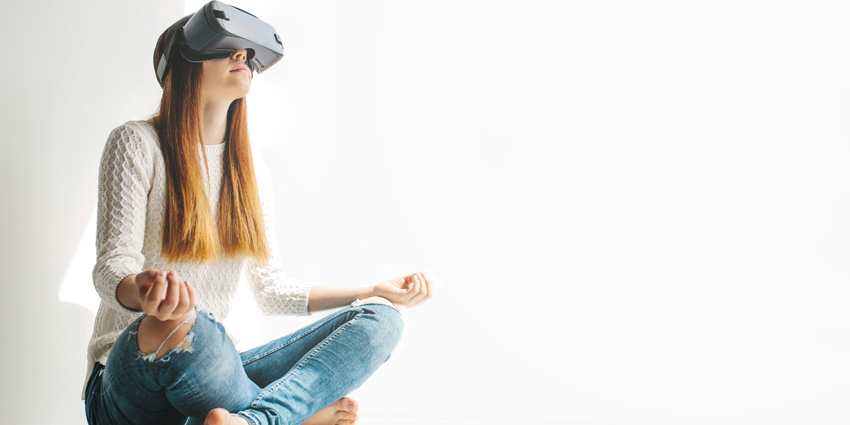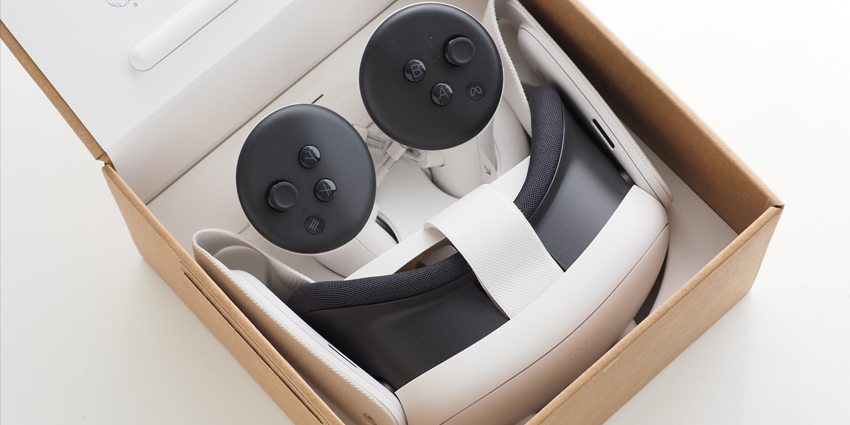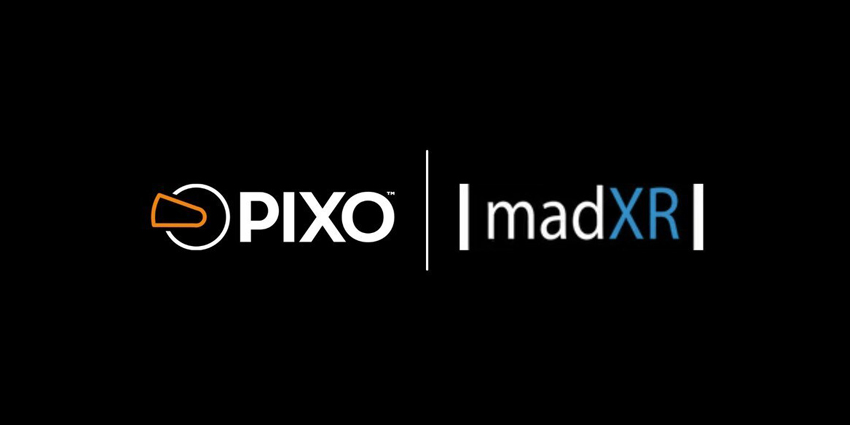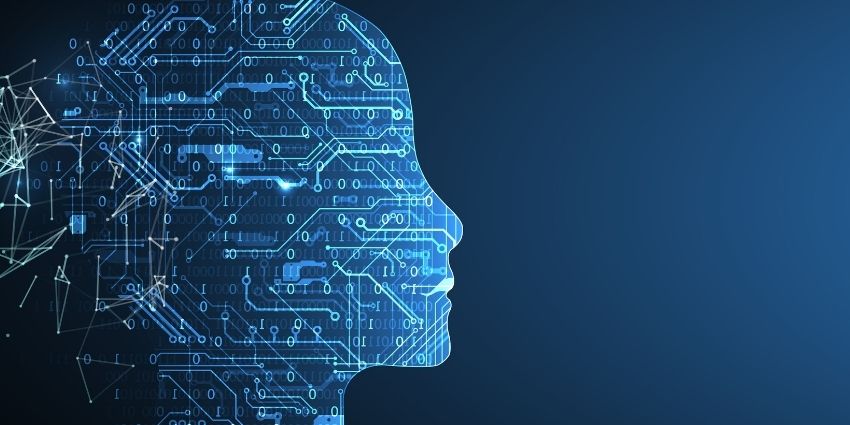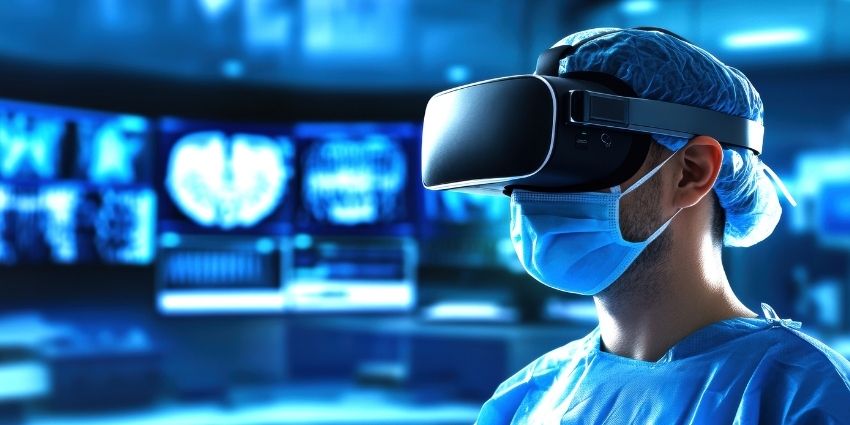Psychedelic meditation VR startup Tripp has raised a hefty amount of capital to fund its immersive relaxation solution, TechCrunch reported on Friday.
The meditation app allows people to unplug from their daily routines without resorting to hallucinogenics and aims to help users relax from stressful routines and schedules.
“Many people that will never feel comfortable taking a psychedelic, this is a low-friction alternative that can deliver some of that experience in a more benign way. The idea is to take mindfulness structures and video game mechanics together to see if we can actually hack the way that you feel”
Reeves added the ongoing COVID-19 pandemic has boosted investor support for such solutions, which are now available on the PlayStation VR, Oculus, Android, and iOS app stores.
Users can also buy a Tripp subscription for $4.99 per month or $14.99 a year, which offers numerous experiences along with a composer to create bespoke visuals.
Users have experienced over two million sessions, according to the report.
The Los Angeles-based company also claims as cited by TechCrunch the virtual experiences can offer users shorter meditative experiences to reduce stress in roughly eight minutes. The firm has also planned enterprise-level wellness solutions as well as clinical trials for use as therapeutic treatments.
The XR Market Takes on the Healthcare Industry
The news comes as analysts have reported numerous benefits to mental health via VR technologies and firms have begun developing solutions aimed at improving access to such products as people cope with COVID-19 and other stressors.
Boston-based XRHealth developed a mixed reality (MR) therapeutic solution aimed at providing VR medical clinical care to patients’ homes, including telehealth consultations and progress tracking.
The United States Air Force (USAF) also built a VR training programme aimed at tackling suicide and sexual assault, which have risen steadily in recent years, the New York Times reported in June.
The solution was hailed as effective by over 97 percent of the USAF’s 1,000 volunteers.
Victims of traumatic experiences have also benefitted from VR exposure therapy (VRET), which has been proven effective in identifying sources that trigger stress to build healthy coping mechanisms.
According to figures cited by XR Today, PTSD affects roughly 3.5 percent of the US population each year.
Statistics from further reports found a massive uptake in the VR healthcare market, valued at $2.14 billion USD in 2019, and is expected to top $33.7 billion USD by 2027.
